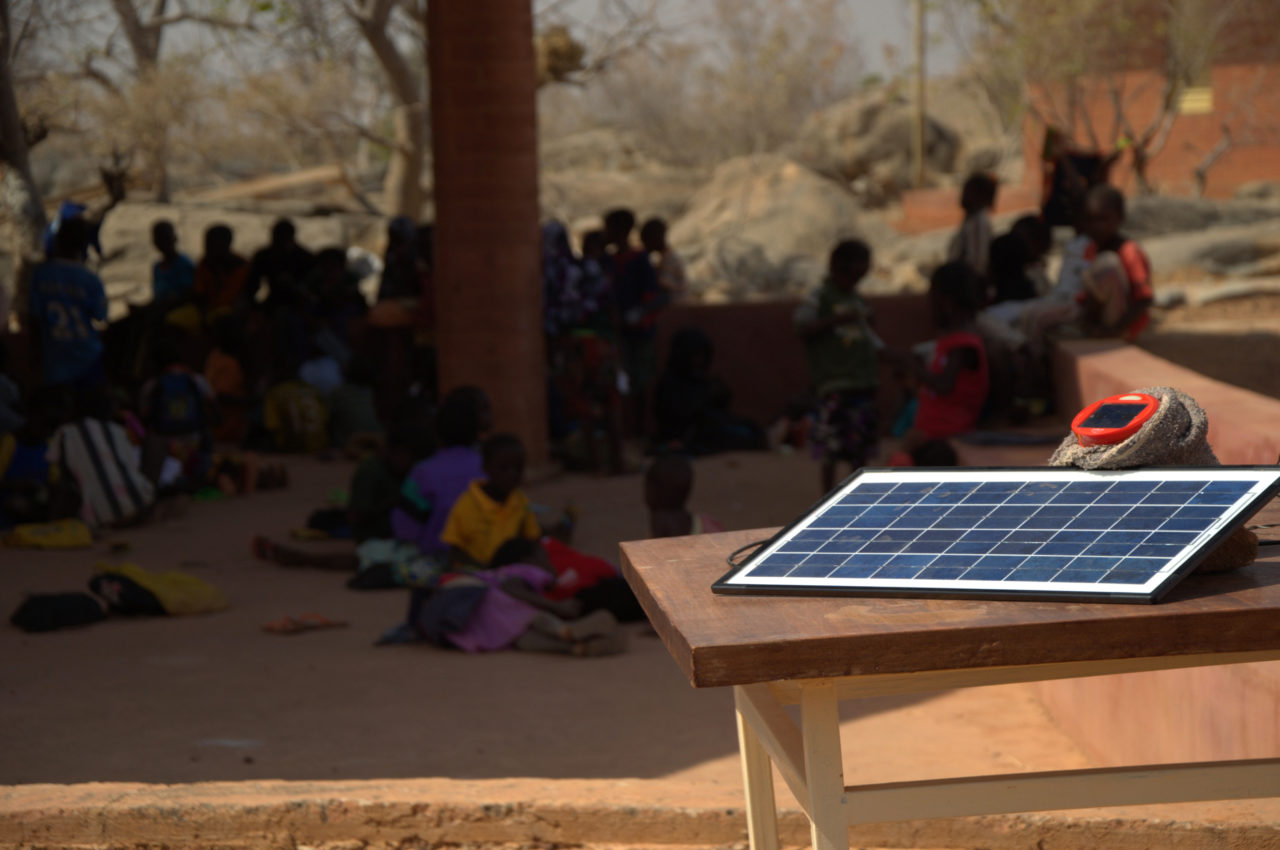
Helping social enterprises show their strengths to impact-oriented investors
Future-Fit Foundation is embarking on Phase 2 of its work with Shell Foundation to create a tool that will help social enterprises identify and organize their social and environmental data, allowing impact-oriented investors and funders to understand those impacts in the context of the UN SDGs, and to better identify and reward the companies that have most positive influence on the world around them via access to – and cost of – capital.
The start of something big
There is a lot happening globally at the intersection of the investment world and social and environmental impact.
The Global Impact Investing Network runs an annual survey of impact investors – investors seeking to generate positive, measurable social and environmental impact alongside financial returns. In April 2019, the 1,300+ individuals and organizations that responded cumulatively managed $502 billion in impact assets, meaning that there is at least this much capital invested in this way around the globe.
And impact investment is just a small subset of the total amount of investment that claims to factor some element of environmental, social and governance (ESG) information into the decision-making process. This larger category, referred to as ‘Responsible Investing’ or ‘Sustainable Investing’, made up $30.7 trillion worldwide in early 2018, an increase of 34% over the past two years. Sustainable investments now make up about 39% of the total capital invested globally.
To access this huge and growing pool of capital, businesses must understand and be ready to address their positive and negative ESG impacts.
Challenges to overcome
While there are some great examples of lending with terms that reward ESG performance, there is still a data gap that keeps investors and lenders from being able to make impact and ESG considerations a more central part of their investment decision-making process.
Since investors can’t consistently price-in impact and ESG, capital continues to flow too often to companies with the loudest or most compelling pitch. Impact investors, governments and donors lack the transparent, assurance-ready insight they need on the positive and negative impacts of potential investments, and a way to consistently tie impact and ESG performance to the UN Sustainable Development Goals.
At the same time, some of the most impactful companies struggle to adequately highlight their work. Small and medium-sized enterprises are often resource-constrained, meaning that tracking and reporting impact understandably takes a back seat to the execution of their business plans, delivering impact on the ground and ensuring their own financial viability. To make matters worse, social enterprises are often victims of their own strengths in that the more successful they are, the more likely they are to face additional demand for information around their impacts.
Facilitating the new requirements of capital
The Future-Fit Business Benchmark is a framework designed to help companies understand the positive and negative effects of their operations and products on society and the environment, provide metrics to allow them to quantify those effects, and give clear guidance on how to improve. Many of the Benchmark’s early adopters are committed to a long-term vision – using the framework to help shape their business strategies, and to integrate ESG factors into their core business by informing the daily decisions taken by employees throughout their operations. But embracing future-fitness in this way is no small undertaking.
Impact-oriented investors and funders will see huge benefit from the information provided by companies which report Future-Fit data in helping them to pursue a sustainable future via their capital. The challenge then is how to facilitate this flow of information, while accommodating the resource-constrained reality on the ground for social enterprises.
A tool for social enterprises
The Impact Benchmarking Tool aims to address this issue by providing a light-touch way for social enterprises to organize and present their positive and negative impacts in the context of the SDGs.
The tool is an online platform that uses easily-understandable descriptions and questions to help businesses identify and organize the positive impact information they already have into a Future-Fit framing, allowing them to communicate to investors and funders how their unique actions help bring society toward a sustainable future. It also walks users through a holistic range of ESG topics, again organizing their existing data into a consistent set of reported insights on operational footprints.
These topics are mapped to the SDGs, providing companies with a quantified description of their positive contributions to the ‘global goals’, and flagging areas where they risk unintentionally hindering progress.
This combination of insight into positive and negative impacts will allow investors to make meaningful comparisons between companies, and generate useful conversations around how investors can support their portfolio companies to continually develop and grow.
Constantly improving
Proof-of-concept pilot work undertaken in 2018 showed the potential of this approach to improve decision making around the allocation of capital, and to showcase the influence of social enterprises on society and the environment. Shell Foundation, and the dynamic group of social enterprises it partners with, have decided to further roll-out the tool in Phase 2 of this work which will run through to 2020.
Through this period, the tool will migrate to a new online platform, and the insights gained from working with the partner companies will be incorporated to make improvements. Future-Fit Foundation and Shell Foundation will also assemble an advisory group of investors and funders, as well as representatives from social enterprises and multilaterals, to ensure that the platform and the reports it generates meet the needs of each key stakeholder.
For more information on Future-Fit and the Future-Fit Business Benchmark, or to find out how to get in touch about the project, visit our website at https://futurefitbusiness.org.
For more information on the Shell Foundation and their portfolio partners, visit https://shellfoundation.org.




